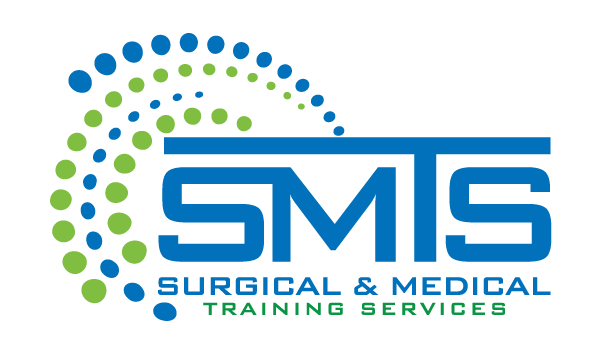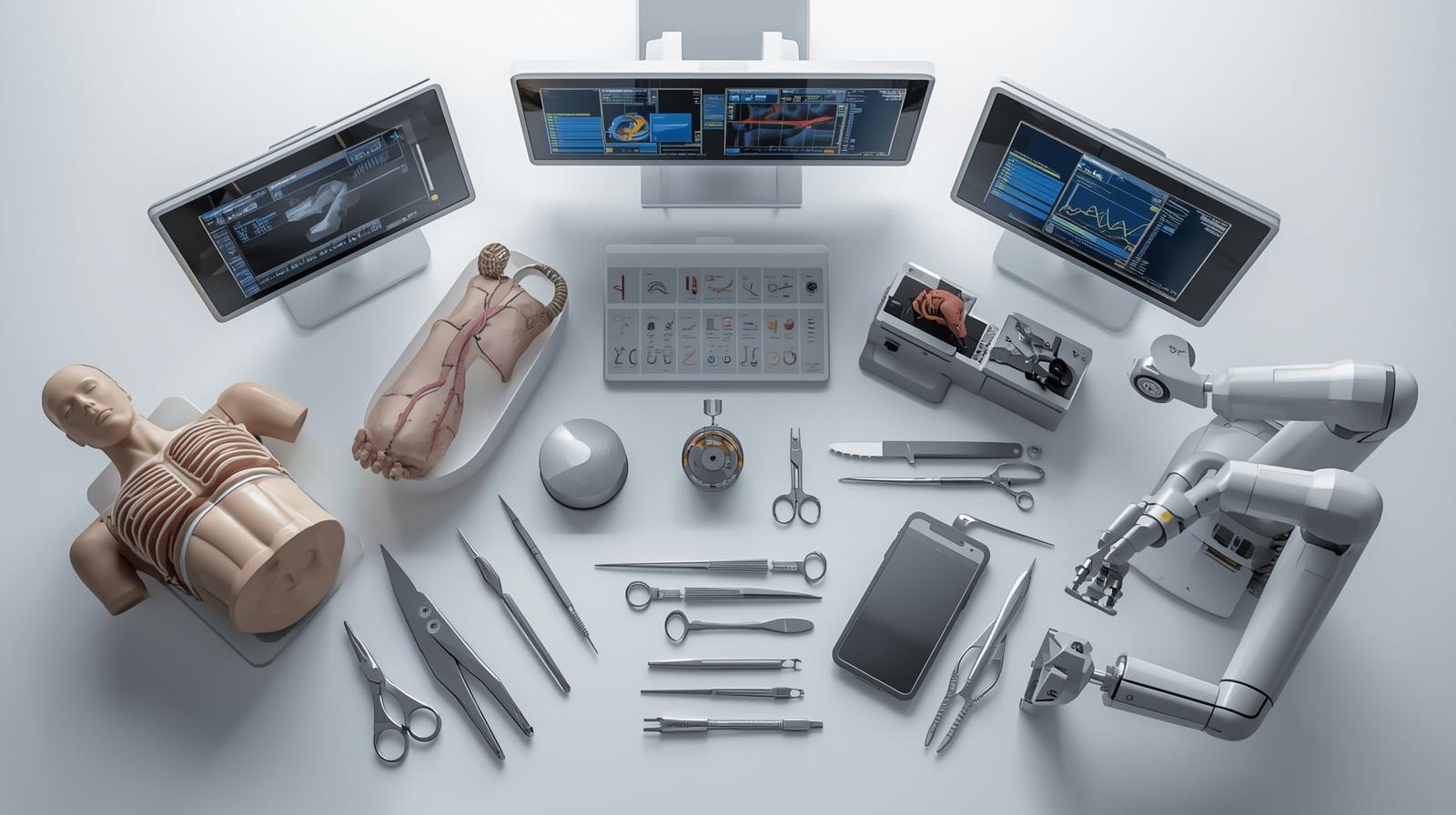Surgical training is evolving at an unprecedented pace. With rapid advancements in medical devices, implants, and minimally invasive procedures, surgeons and medical professionals need more than textbooks and lectures to stay current. Cadaver and bioskills labs have emerged as essential tools in this evolution, providing hands-on, realistic training that bridges the gap between theory and practice.
Hands-On Surgical Training
Despite the growth of virtual simulations and online education, hands-on experience continues to be the gold standard for surgical training. Cadaver and bioskills labs allow surgeons to practice complex procedures on human tissue in a controlled environment. This practical experience helps improve surgical precision, enhances confidence, and reduces the risk of errors in live operations. For specialties like spine surgery, orthopedics, cardiovascular procedures, and dental implants, the tactile feedback gained from these labs is invaluable.
Integration of Advanced Technology
The future of surgical training is not limited to cadaveric practice alone. Many modern bioskills labs are integrating advanced technologies such as virtual reality (VR), augmented reality (AR), and 3D imaging to complement hands-on learning. These technologies allow surgeons to visualize complex anatomy, rehearse procedures before entering the operating room, and even practice minimally invasive techniques that are difficult to replicate on cadaver specimens alone. The combination of real tissue practice with digital tools creates a more comprehensive and effective training experience.
Mobile Bioskills Labs Expand Access
Traditionally, cadaver and bioskills labs were limited to major medical centers or teaching hospitals. Today, mobile bioskills labs and nationwide networks of training facilities are making high-quality surgical education more accessible. Companies can now host training events in hotels, conference centers, or their own facilities, accommodating anything from single-station workshops to large, multi-station events with hundreds of participants. This flexibility allows medical device companies, hospitals, and military medical teams to provide specialized training wherever it’s needed.
Collaboration Across Industries
Another trend shaping the future of surgical training is cross-industry collaboration. Medical device manufacturers are increasingly partnering with bioskills labs to train surgeons on new implants and devices before they hit the market. Similarly, the military, paramedic schools, and fire departments are using these labs to teach life-saving procedures in a realistic setting. This collaborative approach ensures that professionals across the healthcare spectrum are prepared for both routine and emergency scenarios.
Emphasis on Outcome-Driven Training
Finally, the focus in surgical education is shifting from simply completing training to measurable outcomes. Modern bioskills labs emphasize competency-based learning, allowing instructors to track skill development, procedure efficiency, and mastery of new techniques. Data-driven training helps institutions evaluate the effectiveness of their programs and ensures that trainees are ready to deliver high-quality patient care.
Bringing Cadaver Labs to You
The future of surgical training lies at the intersection of hands-on experience, advanced technology, and flexible delivery models. Cadaver and bioskills labs are evolving to meet the demands of modern medicine, providing surgeons, medical professionals, and emergency responders with the tools they need to learn, practice, and innovate safely. As the field continues to advance, these labs will remain a critical component in preparing medical professionals for the challenges of tomorrow.

